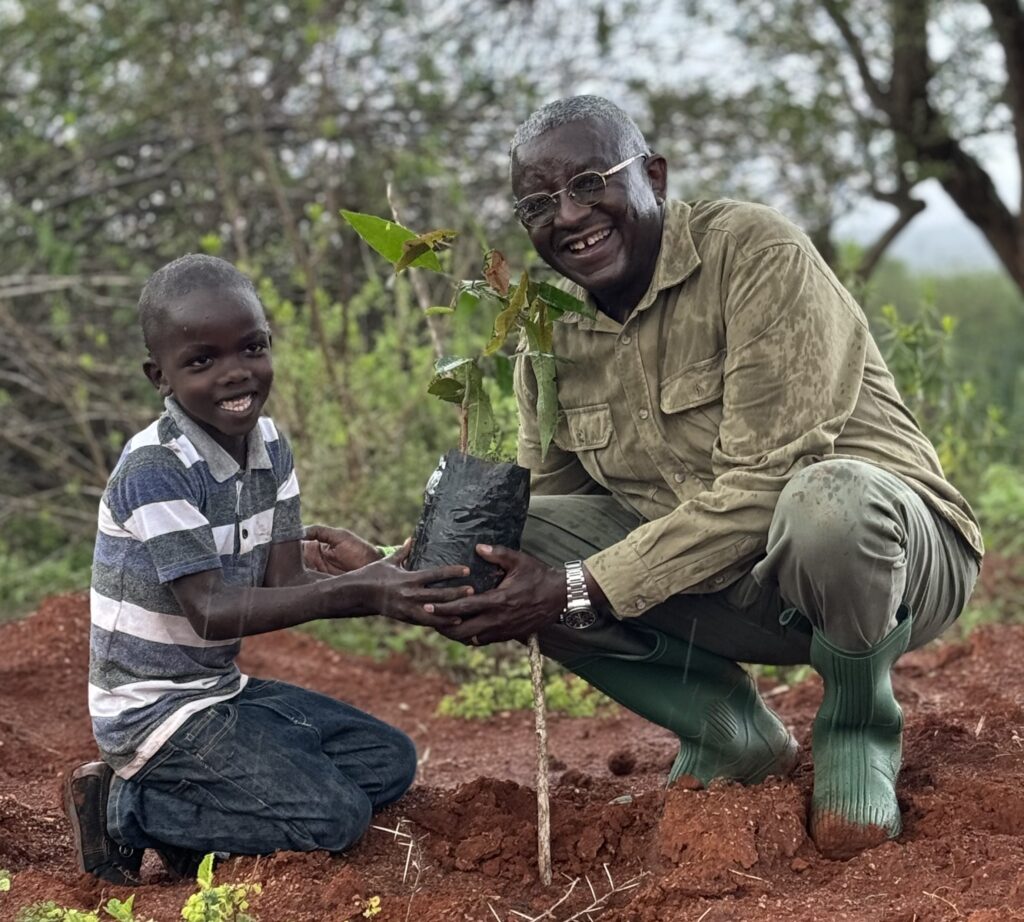Yesterday, I was fortunate to find myself in Thailand during their annual celebration of Children’s Day, marked on the second Saturday of January. The streets and institutions were abuzz with joy and purpose as children took center stage in an inspiring display of national unity. Government offices welcomed young visitors with symbolic activities including allowing them to sit on the prime ministers seat, while museums and cultural centers hosted engaging events such as science exhibitions and hands-on art projects designed to spark curiosity and build confidence. Witnessing Thailand’s dedication to its youth left me deeply reflective about the lessons Kenya can learn.
Thailand’s Children’s Day is not just a festivity but an investment in the nation’s future. Institutions open their doors to children, offering opportunities to learn and envision their roles in society. This year’s motto, “Every opportunity is a learning experience; be ready to adapt to the future of your own choice,” exemplifies the country’s belief in shaping young minds for greatness. Imagine what Kenya could achieve with a similar approach to celebrating and empowering its children.
A nation that celebrates its children builds a foundation for a prosperous future. Children embody tomorrow’s promise, and the values instilled in them today will shape their destiny and the nation’s. Thailand’s “monkey see, monkey do” analogy highlights that children emulate adult behavior. If we demonstrate responsibility, resilience, and foresight, our children will adopt these traits. Kenya’s commemoration of the Day of the African Child often feels like a formality rather than a transformative event. It is time to reimagine how we celebrate and nurture our children.
If I were President, I would advocate for a dedicated national Children’s Day in Kenya. This day would go beyond celebration to emphasize action — fostering self-awareness, resilience, and forward-thinking. Training programs, mentorship sessions, and hands-on activities should dominate the agenda, instilling in children the belief that they are architects of their destiny. Adults must also lead by example, shaping a culture of responsibility and service.
Firstly, the day should emphasize collective action and selflessness. Community projects such as tree growing, cleaning public spaces, and helping the less fortunate would teach children the value of contributing to society. Inspired by “Plant Your Age Day,” where individuals plant trees matching their age, such initiatives could promote a culture of giving back. These activities counter the “me-me-me” culture and foster generational connections through shared goals.
Secondly, Children’s Day should be a platform for teaching resilience and adaptability. In a rapidly changing world, equipping children with the ability to face challenges and embrace new opportunities is critical. Activities such as problem-solving workshops, creative thinking exercises, and simulated real-life scenarios could help children develop confidence and flexibility. By fostering these qualities, we prepare them to navigate uncertainties and contribute meaningfully to a dynamic society.
Thirdly, the day should redefine how we view children — not merely as dependents but as contributors to national development. Kenya’s population is youthful, with over 40% under the age of 15, according to the World Bank. Literacy rates among Kenyan youth stand at approximately 85%, yet challenges in equitable access to education persist. By addressing these barriers, Kenya can unlock its immense potential. A well-planned Children’s Day could catalyze this by fostering critical thinking, innovation, and civic engagement from an early age. Every action today shapes tomorrow’s nation — from speaking and thinking to planning and executing.
Children’s Day is not a birthday, it is a profound call to shift from a culture of self-indulgence to one of collective purpose. Since Kenya currently lacks a dedicated Children’s Day, let every parent transform their children’s birthdays into opportunities to embrace this new spirit — instilling self-awareness, resilience, and the value of giving. Through this shift, we can begin changing the “me-me-me” culture and nurture a generation that prioritizes collective growth. The future of Kenya depends on what we plant in the hearts and minds of our children today. Think green, act green!



